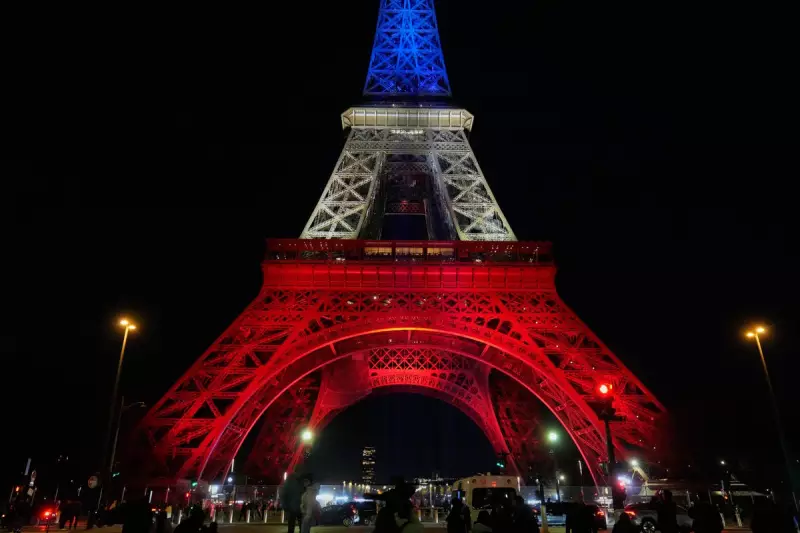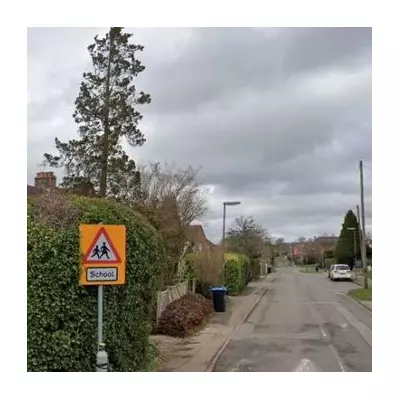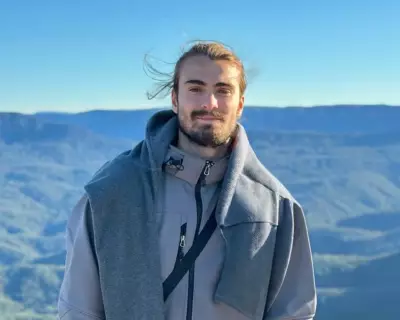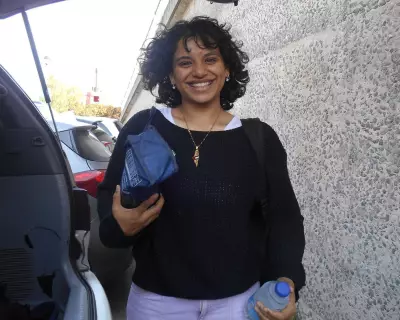
A decade has passed since a coordinated night of terror unfolded across Paris, a series of attacks that claimed 132 lives, injured hundreds more, and irrevocably altered the fabric of French society. On the tenth anniversary this Thursday, the nation paused to remember those lost in the devastating assaults by Islamic State militants.
A Solemn Day of Commemoration
President Emmanuel Macron and Paris Mayor Anne Hidalgo led a sequence of solemn tributes, moving between the sites that were scarred by violence on 13 November 2015. The ceremonies began at the Stade de France in Saint-Denis, moved to the café terraces in the 10th and 11th arrondissements, and concluded at the Bataclan concert hall. At each location, a minute of silence was observed before the memorial plaques, with the families of victims standing closest to honour their loved ones.
At the Place de la République, Parisians were invited to continue a tradition born from tragedy, leaving candles, flowers, and notes at the foot of the statue of Marianne. A giant screen allowed the public to follow the official ceremonies. City officials encouraged calm gatherings, requesting that the public give families space for their private grief during these public acts of remembrance.
A Garden for Reflection and Memory
The day's commemorations culminated in the inauguration of the Jardin du 13-Novembre, a new memorial garden opposite Paris City Hall. Conceived in collaboration with victims' associations, the garden features the names of all 132 people killed engraved on granite stelae. The plantings echo the landscapes of the attack sites, and benches are provided for quiet reflection.
In a poignant touch requested by families, designers included small signs of life for visiting children, such as bird baths and nesting boxes. The ceremony, attended by President Macron and Mayor Hidalgo, was scheduled for 6 p.m. As night fell, the Eiffel Tower was to be illuminated in the colours of the French flag, a powerful symbol of national solidarity. The French football federation also planned to observe a minute of silence at the France-Ukraine World Cup qualifier.
The Enduring Impact of a Night of Terror
The attacks, carried out by nine Islamic State gunmen and suicide bombers, struck within minutes of each other on a Friday night. Suicide bombers detonated their devices outside the Stade de France, while gunmen opened fire on crowded café terraces. At 9:47 p.m., three attackers stormed the Bataclan concert hall, killing 90 people during a prolonged siege that was eventually ended by police.
For survivors, the anniversary reopens deep wounds. "The 10th anniversary is here and emotions and tension are everywhere for us survivors," said Arthur Dénouveaux, who escaped the Bataclan and now leads the Life for Paris association. "You never fully heal. You just learn to live differently." Many describe the ongoing task of rebuilding ordinary life—returning to work, embracing friendship, enduring noise—without flinching.
A major trial concluded between 2021 and 2022, resulting in life imprisonment without parole for Salah Abdeslam, the sole surviving assailant, and convictions for 19 others. While this brought a measure of judicial accountability, it did not erase the persistent strain of trauma or the daily work of recovery for those affected.
As names were read and wreaths laid, the message from officials and families remained consistent: to remember the victims, honour the emergency responders, and preserve the ordinary pleasures of life that the attackers sought to destroy. The goal of the commemorations, as planners stated, was simple: to allow for grief without spectacle, and to create memory with room for the living.





